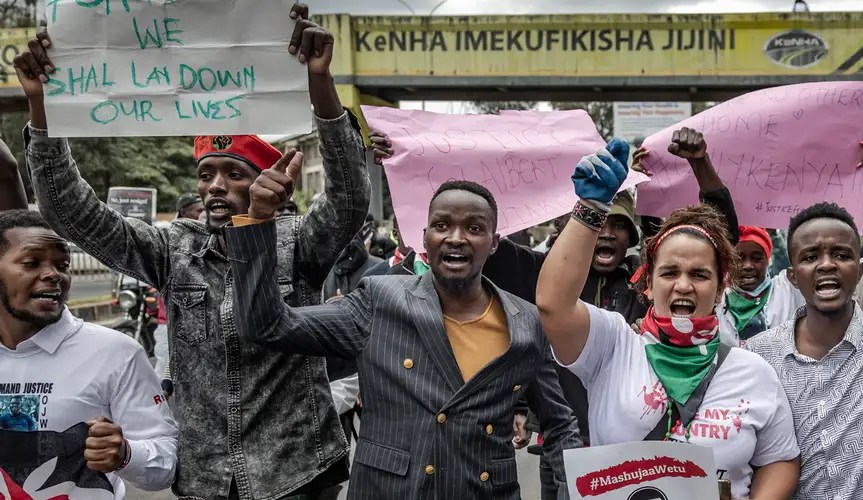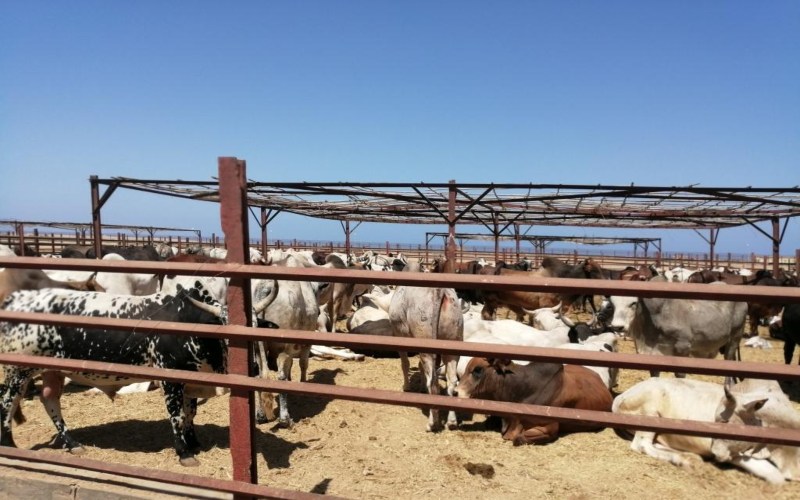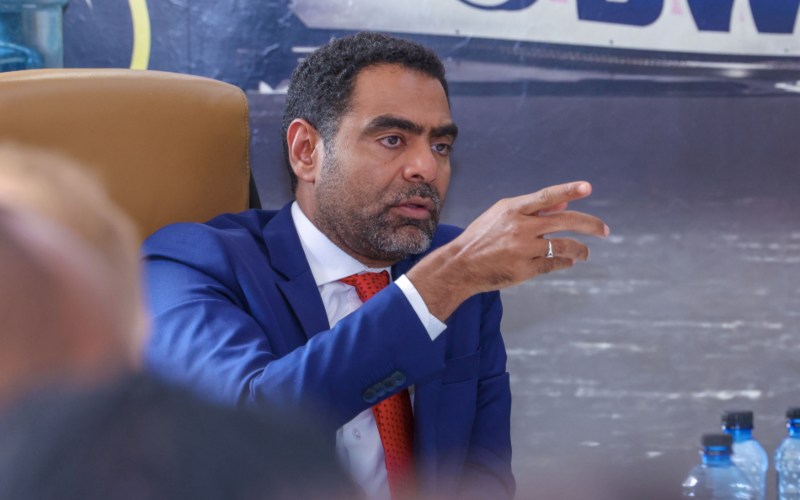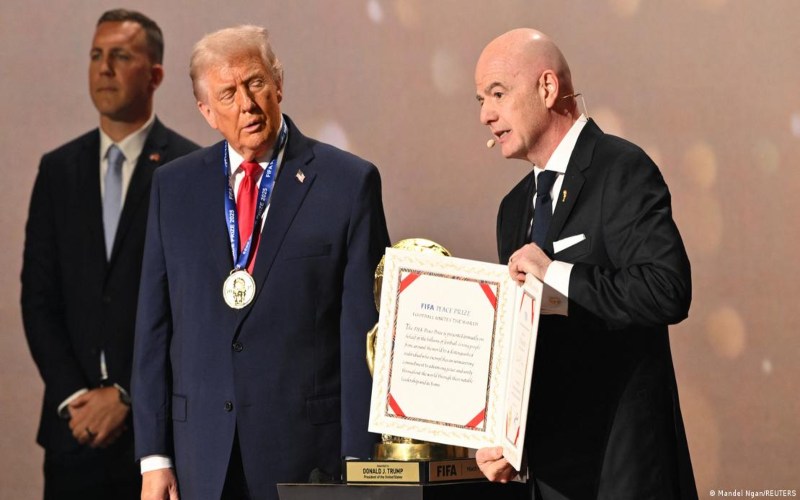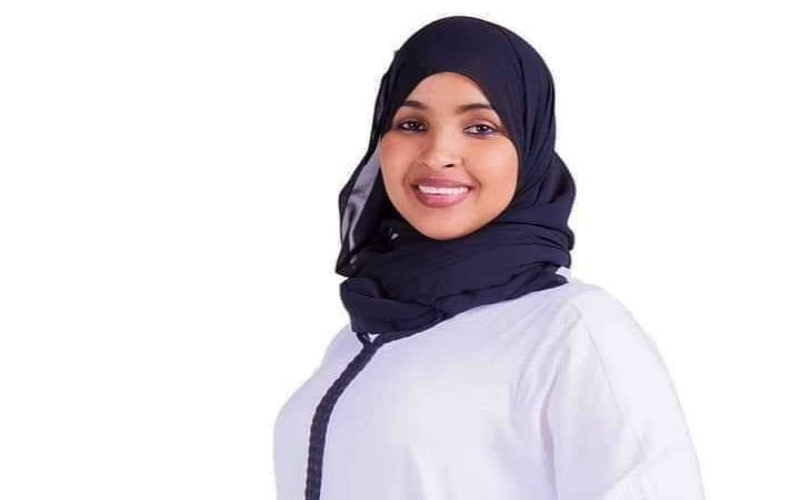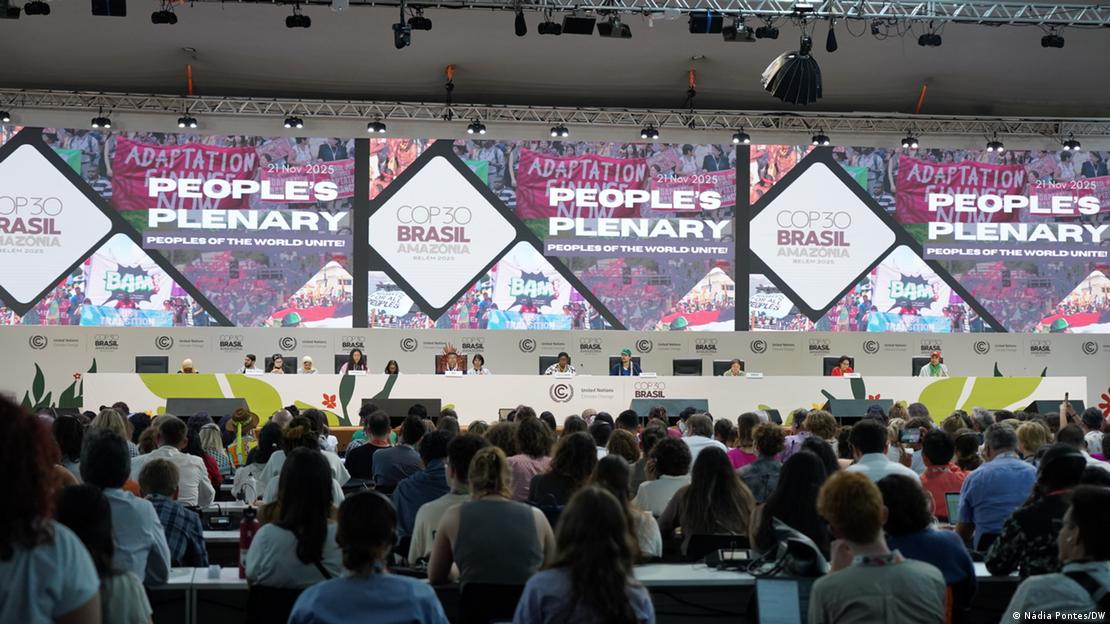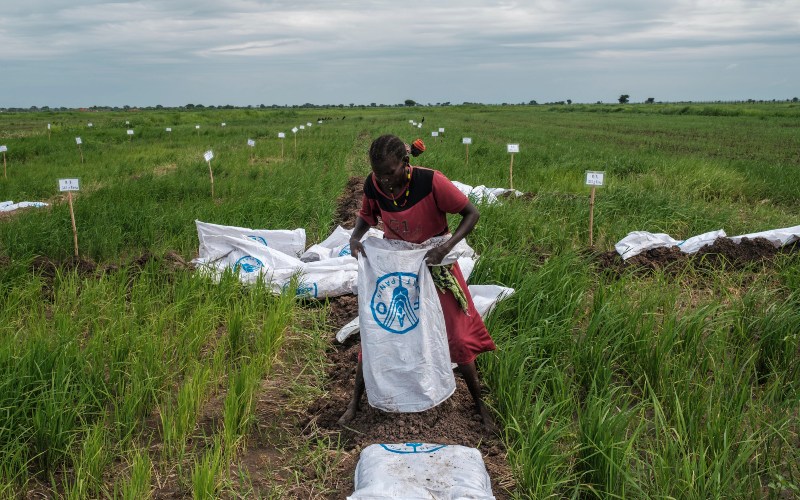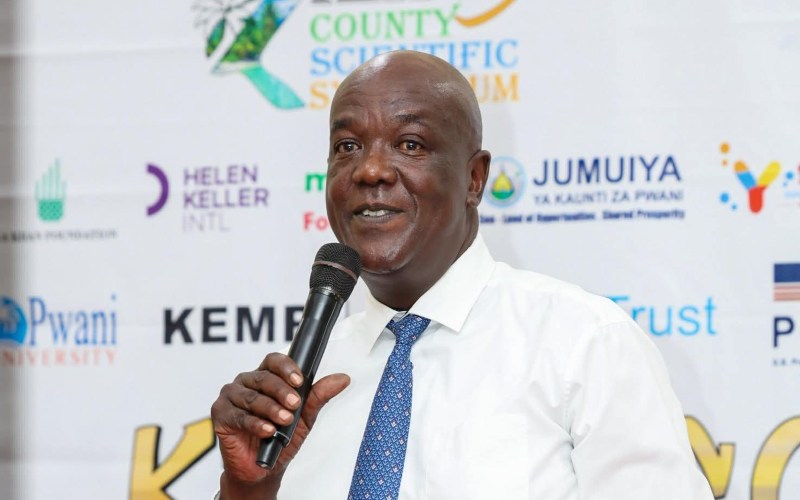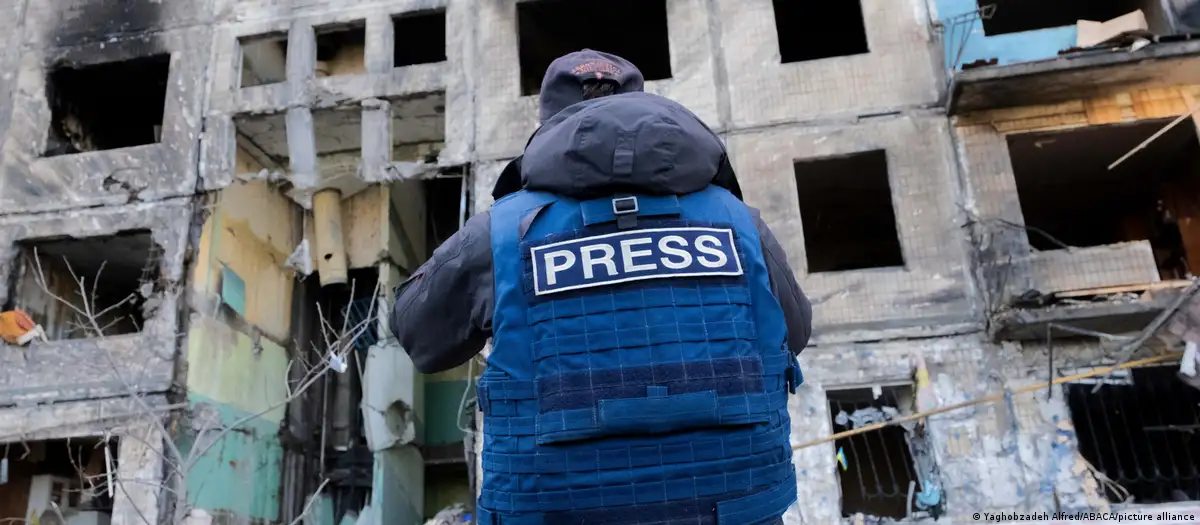Program targets male champions in protection of girls’ rights in Turkana
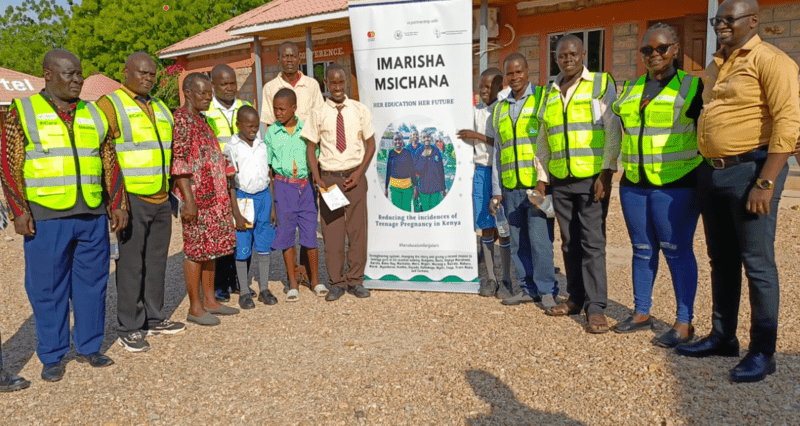
Aside from the period stigma caused by boys who humiliate and ridicule them for menstruating, they also face myths and misconceptions about menstruation.
The Forum for African Women Educationists Kenya (Fawek), in collaboration with the Turkana County government, has implemented capacity-building programs for boys and men to sustain campaigns on girl child education and menstrual hygiene, as well as to educate the public about the dangers of teen pregnancy and early marriage.
The project is part of the Imarisha Msichana Programme, which has helped 195 girls who had dropped out of school due to pregnancy restart their education across the country.
More To Read
- North Eastern Commissioner urges multi-sectoral cooperation to bolster regional security
- Gender CS Cheptumo calls for collective action against teenage pregnancies
- Teenage pregnancy key driver of preterm births in Africa, studies show
- Beyond the numbers: Why Kenya’s teenage pregnancy crisis demands new conversations
- Education Ministry sets up special unit to tackle teenage pregnancy in schools
- Kenya set to miss 2025 target as teen pregnancies persist
With men perpetrating the vices that continue to dim school-going girls' chances of completing their educational goals, County Organisation Coordinator Alfred Juma stated that their potential could not be neglected.
"Having men at the frontline in advocating for girl empowerment and protection against abuses would contribute to their well-being and growth," he said.
In a county where poverty remains prevalent, many girls are at risk of being duped into having unprotected intercourse with young men in exchange for sanitary towels, which are difficult to obtain at home and school.
Aside from the period stigma caused by boys who humiliate and ridicule them for menstruating, they also face myths and misconceptions about menstruation.
Girls and women in pastoralist communities face marginalisation as a result of a retrogressive culture that ignores their education and empowerment, presents them as weaker sex and carers, limits their access to and control over resources, and alienates them from decision-making.
Teenage pregnancy rates in the county are 19 per cent, higher than the national average of 15 per cent, according to the 2022 Kenya Demographic Health Survey (KDHS).
Samburu has the highest prevalence of 50 per cent followed by West Pokot, Marsabit, Narok, Meru and Homabay at 36, 29, 28, 24 and 23 percent respectively.
Apart from the school-going boys, the initiative also targets male teachers, bodaboda riders and religious leaders and will all be tasked with educating their communities to speak against the vices and ease survivors' referral pathways so that they access support and justice in time.
Women rights champion Aluoch Oketch hailed the initiative saying it would enable men to be proactively involved in advocacy against sexual and gender-based violence and early marriages.
"Public sensitisation on the need to abandon retrogressive cultures would help in safeguarding the rights of girls and women," she said while asking residents to report the incidents so that the perpetrators are brought to book and prosecuted for the offences.
County School Health Program Head Rael Akoru hailed the initiative's component for training the girls on how to manufacture reusable sanitary towels, saying it will ensure they do not fall prey to young men who demand sex in exchange for the dignity kits.
"The county is also running a robust campaign on child health and education rights to complement the ongoing efforts," Rael said.
Teenage pregnancies continue to impede attempts to reduce HIV/AIDS infections and fatalities.
Top Stories Today
